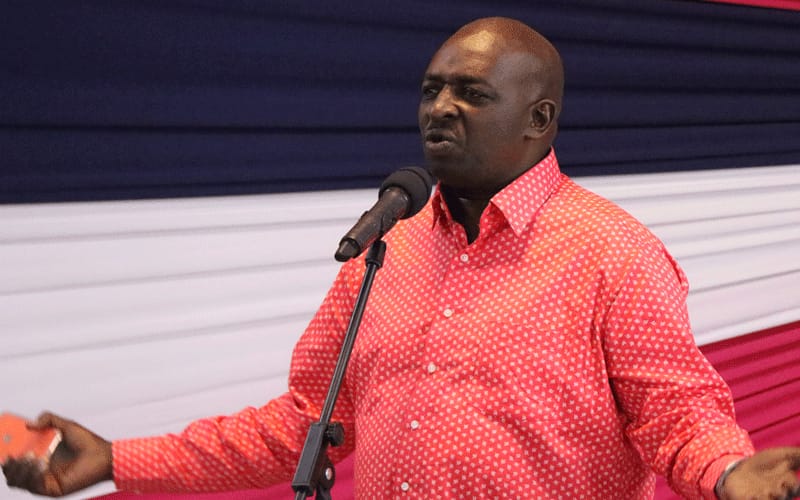With Kenya’s 2025 election season fast approaching, political attention is firmly focused on Nairobi, the country’s bustling capital and regional powerhouse. A new opinion poll conducted on October 6, 2025, places Embakasi North MP James Gakuya in a strong lead for the city’s governorship, securing 45% of voter preference — a clear indication of his growing popularity among Nairobi residents.
Grassroots Momentum With Global Parallels
Gakuya’s rise reflects a global political shift toward leaders who connect directly with citizens and challenge traditional power structures. His strong presence among everyday Nairobians — including traders, boda boda operators, and informal workers — underscores his reputation as a hands-on, people-first politician. Similar to populist movements seen in other major cities around the world, his message of accountability and inclusivity resonates deeply with an electorate eager for reform.
Defying Political Hierarchies
A longtime critic of Governor Johnson Sakaja’s administration, Gakuya has positioned himself as an outspoken defender of ordinary citizens. He has openly condemned poor waste management, mistreatment of street vendors, and widespread inefficiency within city governance. His criticism of President William Ruto’s taxation policies has further amplified his voice, appealing to urban voters burdened by economic pressure and rising living costs.
Champion of Nairobi’s Youth
In a city defined by its youthful population, Gakuya’s alignment with Gen Z and young professionals has been pivotal. He has consistently supported movements advocating against police brutality and youth unemployment, urging for structural reforms that promote entrepreneurship and innovation. This alignment has strengthened his image as a progressive, reform-oriented leader attuned to the next generation’s aspirations.
An Election With Regional Implications
Analysts view the Nairobi governorship race as a key political barometer for East Africa. As a regional financial and diplomatic center, Nairobi’s leadership choices have far-reaching consequences — influencing investment climates, policy priorities, and governance standards across the continent.
If Gakuya’s lead continues into the campaign period, his potential victory could redefine the tone of urban politics in Kenya — signaling a new era of leadership grounded in accessibility, accountability, and grassroots empowerment.
